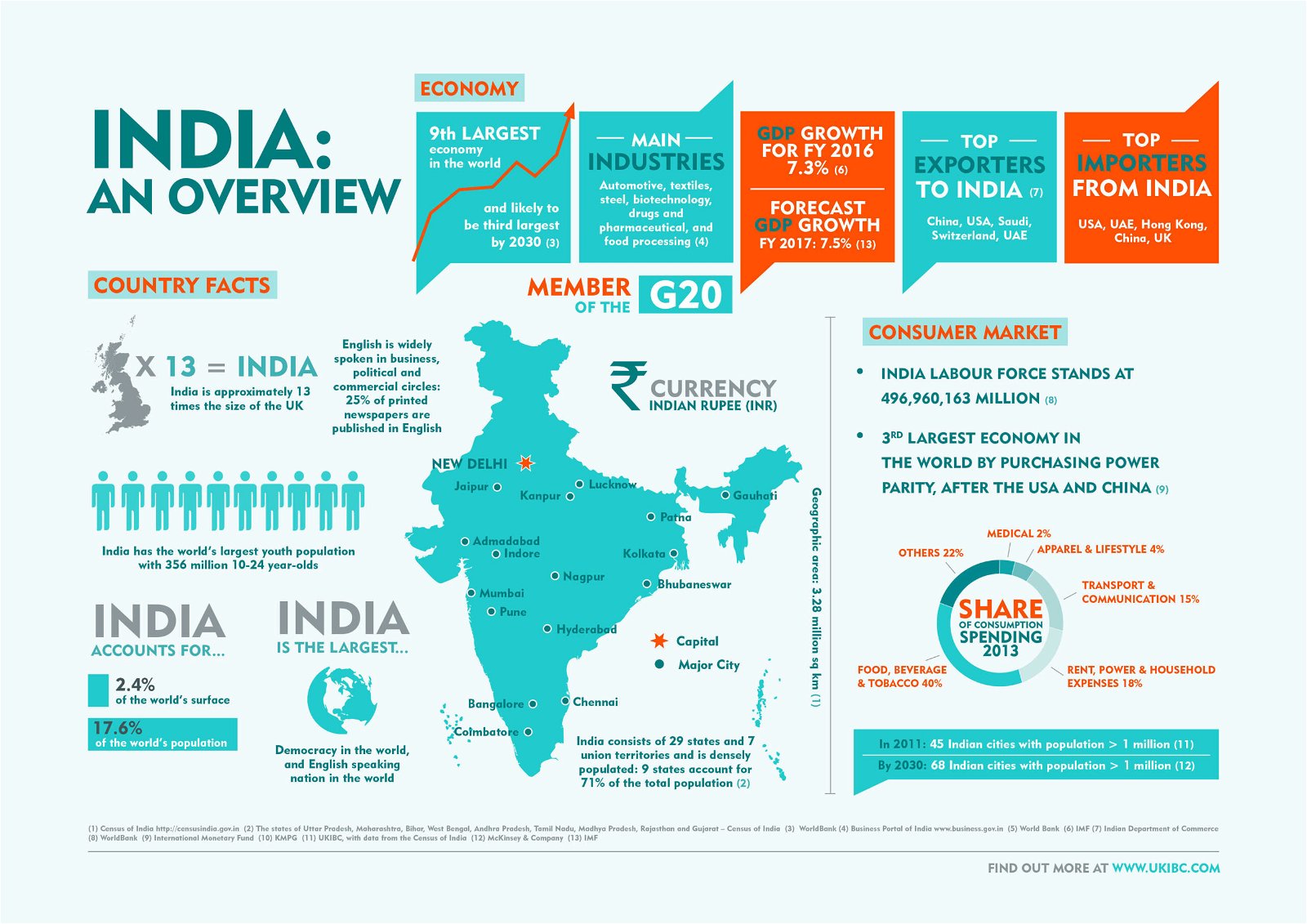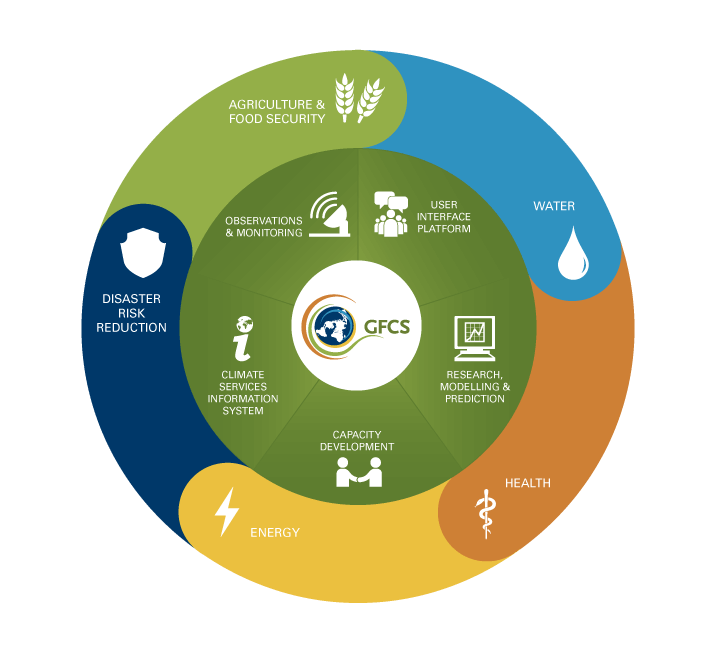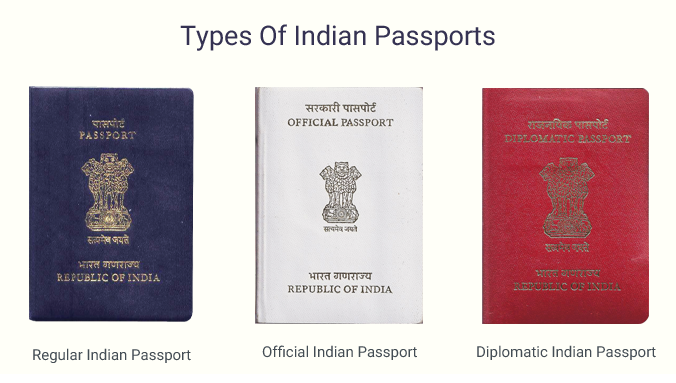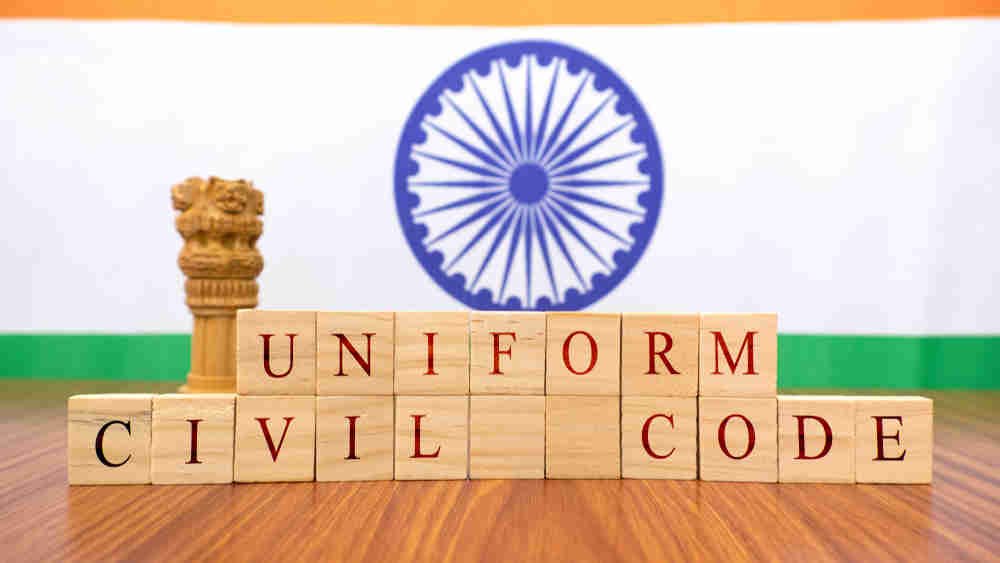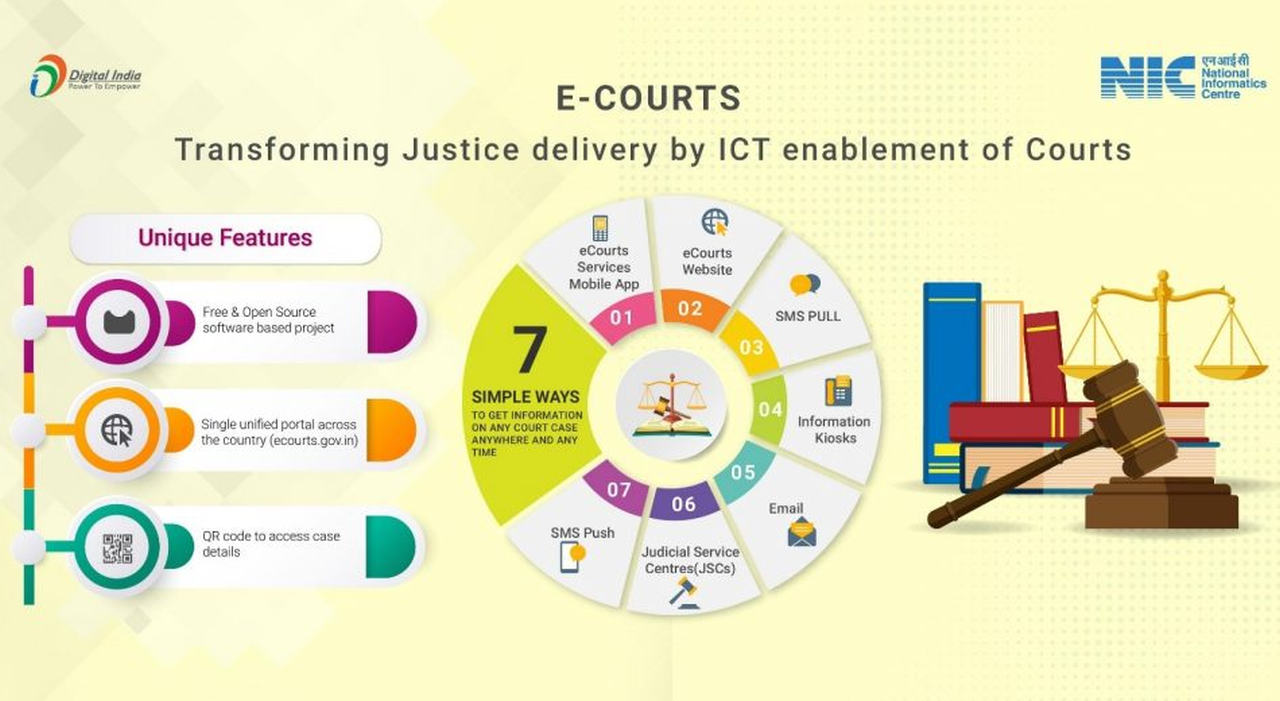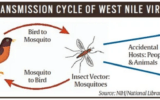
Bharatiya Nyaya Sanhita (BNS)
Subscribers of "Current Affairs" course can Download Daily Current Affairs in PDF/DOC
Subscribe to Never Miss an Important Update! Assured Discounts on New Products!
Must Join PMF IAS Telegram Channel & PMF IAS History Telegram Channel
The Three Criminal Law Bills
- The Bharatiya Nyaya Sanhita 2023
- The Bharatiya Nagarik Suraksha Sanhita 2023
- The Bharatiya Sakshhya Bill 2023
- These bills will replace the
- Indian Penal Code 1860
- Code of Criminal Procedure 1973
- Indian Evidence Act 1872
- The Bharatiya Nyaya Sanhita (BNS) largely retains the provisions of the IPC, adds some new offences, removes offences that have been struck down by courts, & increases penalties for several offences.
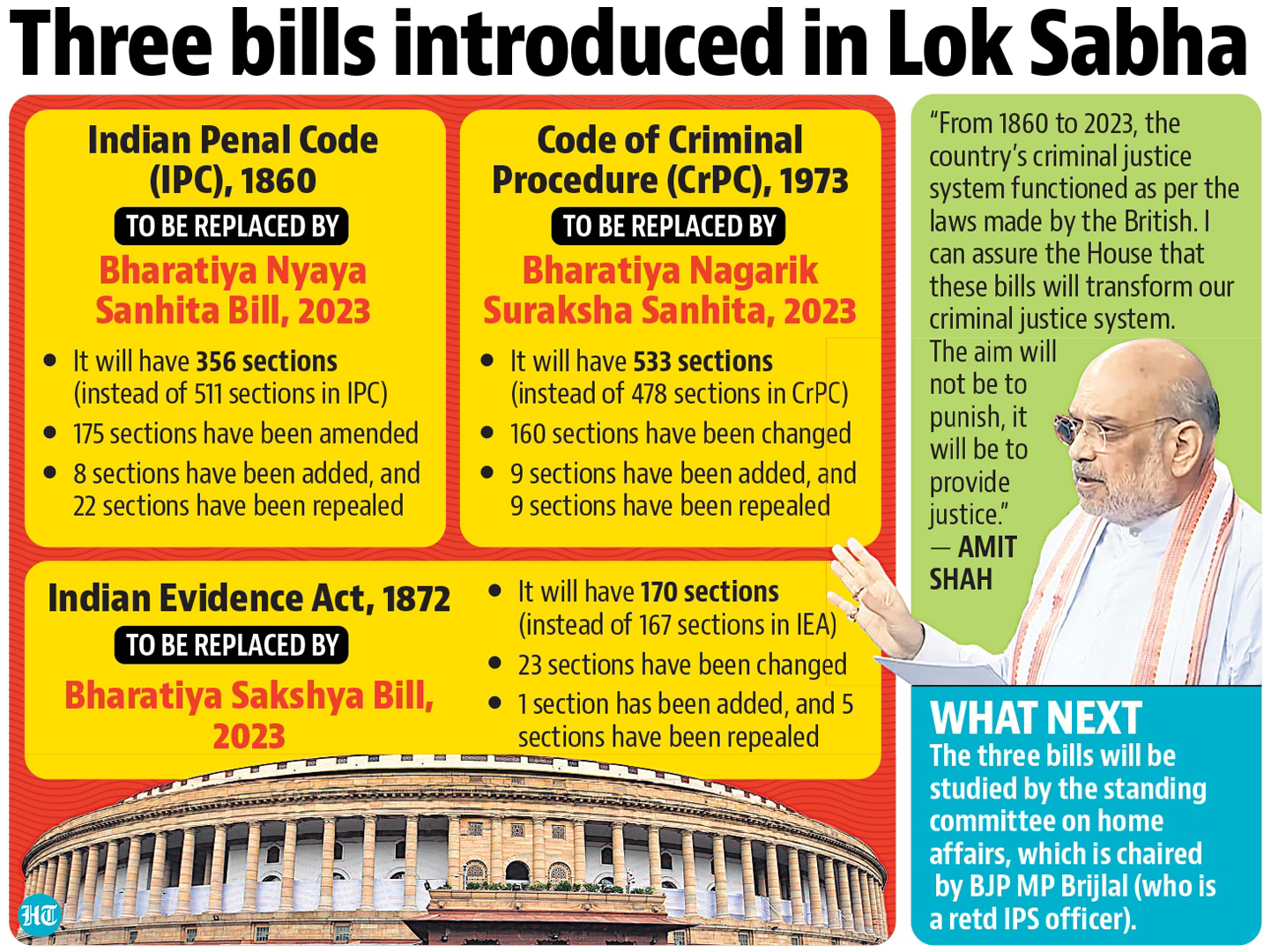
Need for new bills
- The current laws were drafted during colonial times and contain archaic language.
- Some concepts do not accurately reflect current social norms and values.
- The laws have become complex over time, leading to confusion among legal practitioners, law enforcement agencies, and the general public.
- The Parliamentary Standing Committee in its 111th and 128th reports had also highlighted the need for reforms in criminal laws.
- They lacked participation from the Indian populace and imposed foreign ideas and values.
- Changing Norms: The evolving societal perceptions. For e.g. the transition of attempted suicide from a criminal offense to a recognized mental health issue under Mental Health Care Act, 2017.
Provisions of Bharatiya Nyaya Sanhita (BNS)
Offences against the Body
- The BNS retains the provisions of IPC that criminalises acts such as murder, abetment of suicide, assault and causing grievous hurt.
Sexual offences against women
- BNS retains provisions of IPC which criminalises acts such as rape, voyeurism, stalking and insulting the modesty of a woman.
- It classifies the victim as a major (18 years), in the case of gang rape, earlier it was 16 years.
- It also criminalises sexual intercourse with a woman by deceitful means or making false promises.
Terrorism
- It was not included in IPC.
- Terrorism includes an act that intends to
- Threaten the unity, integrity, security or economic security of the country
- Strike terror in the people or any section of people in India.
- Punishment for attempting or committing terrorism includes
- Death or life imprisonment and a fine if it results in the death of a person.
- Imprisonment between five years and life and a fine.
Organised crime
- It was not included in IPC.
- A separate category of “petty organised crime” has also been brought in (theft, snatching, cheating, selling off public examination question papers, etc.).
- Attempting or committing an organised crime will be punishable with
- Death or life imprisonment and a fine of Rs 10 lakh if it results in the death of a person.
- Imprisonment between five years and life and a fine of at least five lakh rupees.
|
Mob lynching
- The BNS adds murder or grievous hurt by five or more people on specified grounds as an offence.
- These grounds include race, caste, sex, language, or personal belief.
- The punishment for such murder is life imprisonment or death.
- The SC in 2018 had asked the Centre to consider a separate law for lynching.
|
Fake news
- The BNS introduces a new provision that criminalises publishing false and misleading information.
Damage to public property
- BNS punishes causing damage to public property with a graded fine, which means the fine corresponds to the damage caused.
Suicide attempt
- The BNS criminalises attempts to commit suicide with the intent to compel or restrain any public servant from discharging his official duty.
- This provision could prevent self-immolations and hunger strikes during protests.
Speedy Legal Procedure
- According to the proposed Bill, a charge sheet must be filed within 90 days, and the court can permit another 90 days.
- The probe must be completed in 180 days and sent for trial.
- After trial, judgment will have to be given in 30 days.
- Courts are to finish framing charges within 60 days of receiving the charge sheet.
- Judgment to be mandatorily delivered within 30 days after the conclusion of the hearing.
- Judgment to be mandatorily made available online within seven days of pronouncement.
Deletions by Bharatiya Nyaya Sanhita (BNS)
Unnatural sexual offences
- BNS repeals Section 377 of the IPC, which criminalised homosexuality among other “unnatural” sexual activities.
- The SC in 2018 (Navtej Singh Johar v. Union of India ) declared it unconstitutional only to the extent that it criminalised consensual homosexual relationships.
Adultery
- BNS has omitted the offence of adultery struck down by the SC (Joseph Shine v. Union of India) as unconstitutional in 2018.
Thugs
- BNS has fully omitted this provision.
- This provision is criticised for attaching colonial notions of criminality for certain tribes.
Gender Neutrality
- The offences dealing with the procuration of a girl (for “illicit intercourse”) have been made gender-neutral.
- For adults, the offence of outraging the modesty of women and voyeurism now has gender neutrality, which means that women can also be booked under the law.
Sedition
- The BNS removes the offence of sedition.
- It instead penalises the following:
- Exciting or attempting to excite secession, armed rebellion, or subversive activities,
- Encouraging feelings of separatist activities,
- Endangering the sovereignty or unity and integrity of India.
- These offences may involve exchanging words/signs, electronic communication, financial means, etc.
Medical negligence
- Cases of criminal negligence are handled under IPC 304 A, which pertains to causing death due to negligence.
- GOI is planning to bring an important amendment in the criminal law bill, which aims to exempt doctors from criminal prosecution in cases of death due to medical negligence.
Mandatory death sentence
- IPC prescribed a mandatory death sentence for murder committed by a life-convict.
- In 1983, the SC struck down the provision as unconstitutional as it took away judges’ discretion in awarding a sentence.
- BNS has prescribed a punishment of “death or imprisonment for life, which shall mean the remainder of that person’s natural life.”
Key Issues and Analysis
The minimum age of criminal responsibility is higher than in several other jurisdictions
- It retained the minimum age for criminal responsibility from seven years and extended to 12 years, depending upon the maturity of the accused.
- This contravenes recommendations of international conventions.
- In 2007, a UN Committee recommended that countries set the age of criminal responsibility to above 12 years.
-
Age of criminal responsibility
- It refers to the minimum age at which a child can be prosecuted and punished for an offence.
- The age of criminal responsibility varies across countries:
- Germany: 14 years
- England and Wales: 10 years
- Scotland: 12 years.
The age threshold of the victim (Children) for similar offences
- The BNS defines a child to mean a person below the age of 18. However, in several offences, the age threshold of the victim for offences against children is not 18.
- The threshold of the victim of rape and gang rape is different.
- Kidnapping a child with the intent to steal from a parent applies only to a child under ten years. This implies that the punishment for kidnapping an 11-year-old is the same as that of kidnapping an adult.
- This is inconsistent with the Protection of Children from Sexual Offences (POSCO) Act, 2012, which classifies all individuals below the age of 18 as minors.
- The Standing Committee on Home Affairs (2023) has recommended defining a child as someone below 18.
Duplication of offences with other special laws
- Several offences overlap with special laws. In many cases, both carry different penalties. This leads to
- Multiple regulatory regimes
- Additional compliance costs and
- Possibility of levelling various charges.
| Offences | BNS | Specials Laws |
| Adulteration of food or drink for sale | Yes | The Food Safety and Security Act, 2006. |
| Adulteration of drugs and sale of adulterated drugs | Yes | The Drugs and Cosmetics Act, 1940. |
| Unlawful compulsory labour | Yes | The Bonded Labour System (Abolition) Act, 1976. |
| Abandoning a child
(Parent or guardian abandoning a child below the age of 12) |
Yes | The Juvenile Justice Act, 2015. Biological parents abandoning a child due to circumstances beyond their control are exempt. |
| Rash driving | Yes | The Motor Vehicles Act, 1988. |
Aspects of sedition retained
- The BNS removes sedition as an offence. However, the provision on endangering India’s sovereignty, unity and integrity has retained aspects of sedition.
- New provisions broaden the range of acts that could threaten India’s unity and integrity.
- Terms like ‘subversive activities’ are also not defined.
- SC has limited the application of sedition to acts with the intention or tendency to create public disorder or incite violence.
Existing Definition of Sedition under Section 124A of IPC, 1860
|
Offences against women
- The BNS retains the provisions on rape and sexual harassment.
- It does not consider recommendations of the Justice Verma Committee (2013), such as making the offence of rape gender-neutral and including marital rape as an offence.
- The phrase “sexual intercourse not amounting to the offence of rape” essentially criminalises consensual sexual activity too.
Adultery
- Adultery has been omitted. However, BNS retains the provision that penalises a man for enticing the wife of another man so that she may have intercourse with any person.
Section 377 of the IPC
- This removes rape of men and bestiality as offences. The Standing Committee on Home Affairs (2023) has recommended re-introducing this provision.
Addition of crimes related to organised crime and terrorism
- Acts of terrorism are covered under the Unlawful Activities (Prevention) Act, 1967 (UAPA).
- Organised crime is covered by state laws such as the Maharashtra Control of Organised Crime Act, 1999 (MCOCA).
- Adding organised crime as an offence in the BNS fills a gap as these crimes may occur across all states, including those that have not enacted a particular law.
- However, this also duplicates laws in states with such special laws.
- Cases under UAPA are tried under the NIA Act of 2008, which establishes Special Courts to try such cases.
- Under the Bhartiya Nagrik Suraksha Sanhita, 2023 (BNSS), terrorism cases will be tried in Sessions Courts.
- The Standing Committee on Home Affairs (2023) had recommended providing special criminal procedures for organised crime in the BNSS.
Solitary confinement may violate fundamental rights
- The BNS retains the provision of solitary confinement for offences (criminal conspiracy, sexual harassment, etc.).
- The SC has held that measures such as pushing prisoners into solitary cells deprive them of their right to life and liberty under Article 21 of IC.
- In 1971, the Law Commission recommended removing solitary confinement from the IPC.
- In 1978, the SC recognised the Law Commission’s recommendation that solitary confinement be enforced only in exceptional cases.
The scope of community service is unclear
- The BNS adds community service as a punishment for offences such as
- Theft of property worth less than Rs. 5,000,
- Attempt to commit suicide with the intent to restrain a public servant
- Appear in a public place intoxicated and annoying.
- The BNS does not define what community service will entail and how it will be administered.
- The Standing Committee on Home Affairs (2023) recommended defining the term and nature of ‘community service’.
Mandatory Minimum Sentence (MMS)
- In several provisions, MMS are prescribed. This limits the scope for judicial discretion and arbitrariness but is Unfair to the convict, whose mitigating circumstances, such as if they are a first-time offender or the sole breadwinner in the family, are often overlooked.





![PMF IAS Environment for UPSC 2022-23 [paperback] PMF IAS [Nov 30, 2021]…](https://pmfias.b-cdn.net/wp-content/uploads/2024/04/pmfiasenvironmentforupsc2022-23paperbackpmfiasnov302021.jpg)
